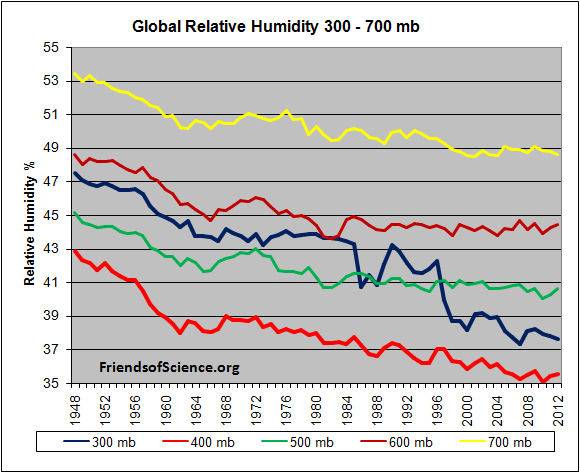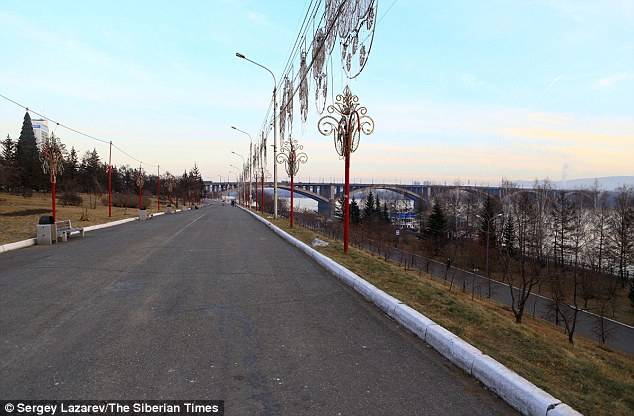Billy_Bob
Diamond Member
And yet global water content in the air has diminished, not increased.. Poor little old fraud cant catch a break.. every lie is being thrown into his face..Warmer air,warmer ocean, more evaporation, more rain in a precipitation event. Houston. And several other places around the world this year. Major heat wave, high winds, record forest fires, thousands of homes and businesses burned in a matter of hours. What was the common denominator in these events? A warmer world.
- NOAA says global warming not linked to extreme weather ...
humanevents.com/...says-global-warming-not-linked-to-extreme-weather
This article originally appeared on heartland.org. Contrary to claims often repeated by environmental radicals, global warming is not responsible for extreme weather ...
- Are extreme weather and global warming linked ...
www.csmonitor.com › Archive › 0816
Maybe. But maybe not. Scientists say not enough evidence exists to blame global warming for the recent heat waves and flooding seen around the world.
- NOAA Says Global Warming Not Linked to Extreme Weather
https://www.heartland.org/news-opinion/news/noaa-says-global...
Climate Change Weekly #142. Contrary to claims often repeated by environmental radicals, global warming is not responsible for extreme weather events, according to a ...
- Five Myths About Extreme Weather and Global Warming
dailysignal.com/2014/03/31/five-myths-extreme-weather-global-warming
Five Myths About Extreme Weather and Global Warming. ... Global warming caused the polar vortex that led to the extreme ... (the supposed link between a warming ...

Declining Humidity Is Defying Global Warming Models



 >>
>>